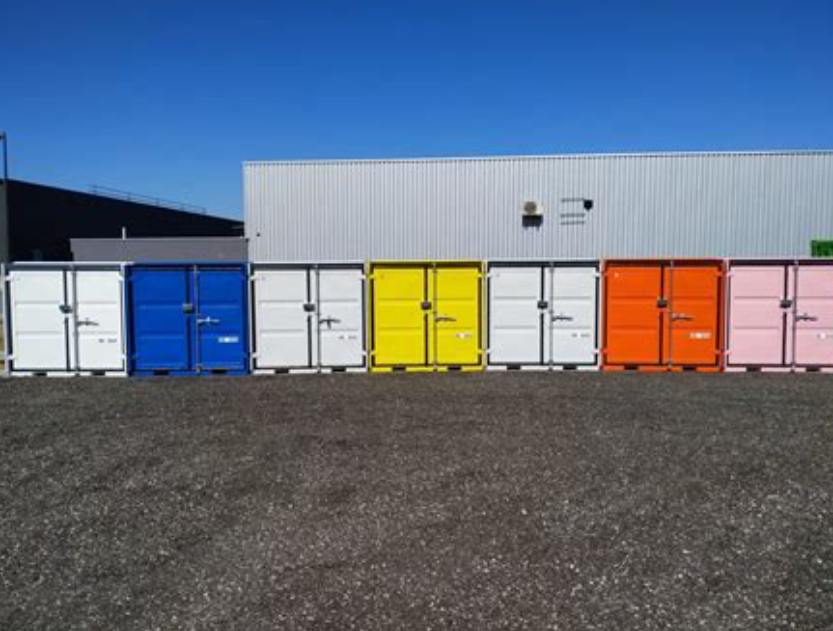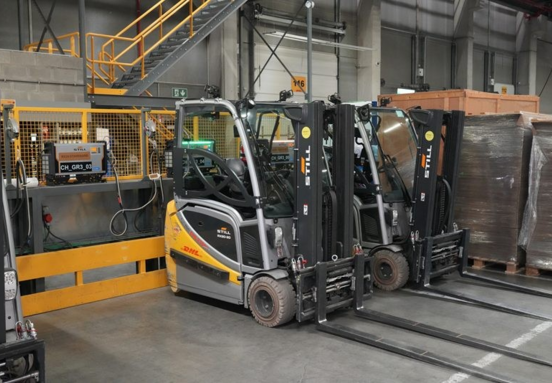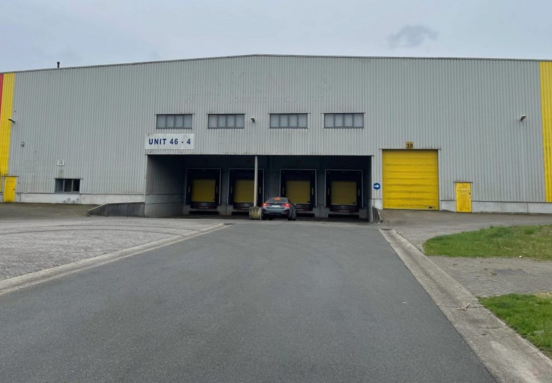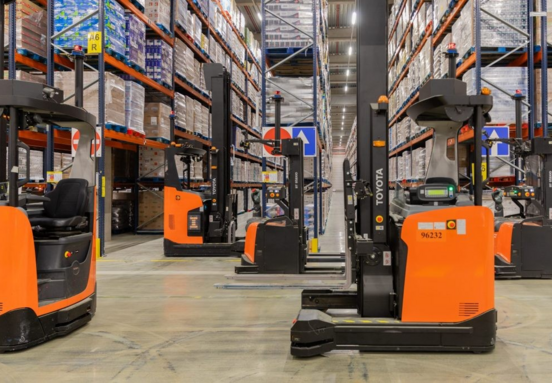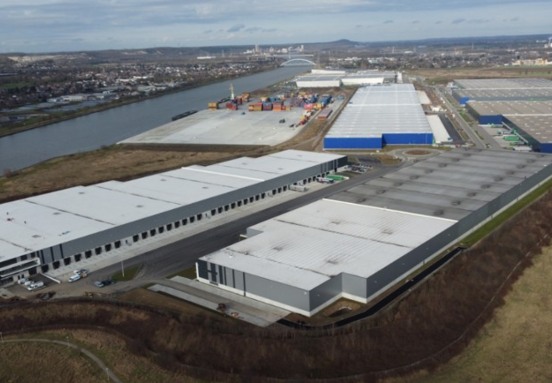A response to urban lifestyle changes
The increasing lack of space in homes has driven a demand for temporary storage units where people can keep seasonal items, sports gear, archived documents, or furniture during renovations. Entrepreneurs and freelancers are also making use of self-storage as a practical alternative to costly and inflexible commercial leases.
Tech-driven experiences
Modern Belgian self-storage facilities have embraced full digital transformation. Bookings, payments, and access are handled online, often through user-friendly mobile apps. Some locations now feature QR code entry or biometric access, allowing customers to enter their units at any time without staff assistance.
A shift towards greener facilities
Sustainability has become a competitive edge. Many operators now build eco-responsible warehouses, using recycled materials, solar energy, and paperless processes. Energy-efficient lighting and motion sensors are also becoming standard features.
A diversified user base
Today’s self-storage users go beyond moving homeowners. E-commerce retailers, artists, tradespeople, and even remote workers use these units as flexible logistics hubs or off-site archives. In this way, self-storage is becoming part of the new agile workplace ecosystem.
In Belgium, self-storage in 2025 is no longer a niche market but an essential service aligned with urban living, smart logistics, and sustainable development.
